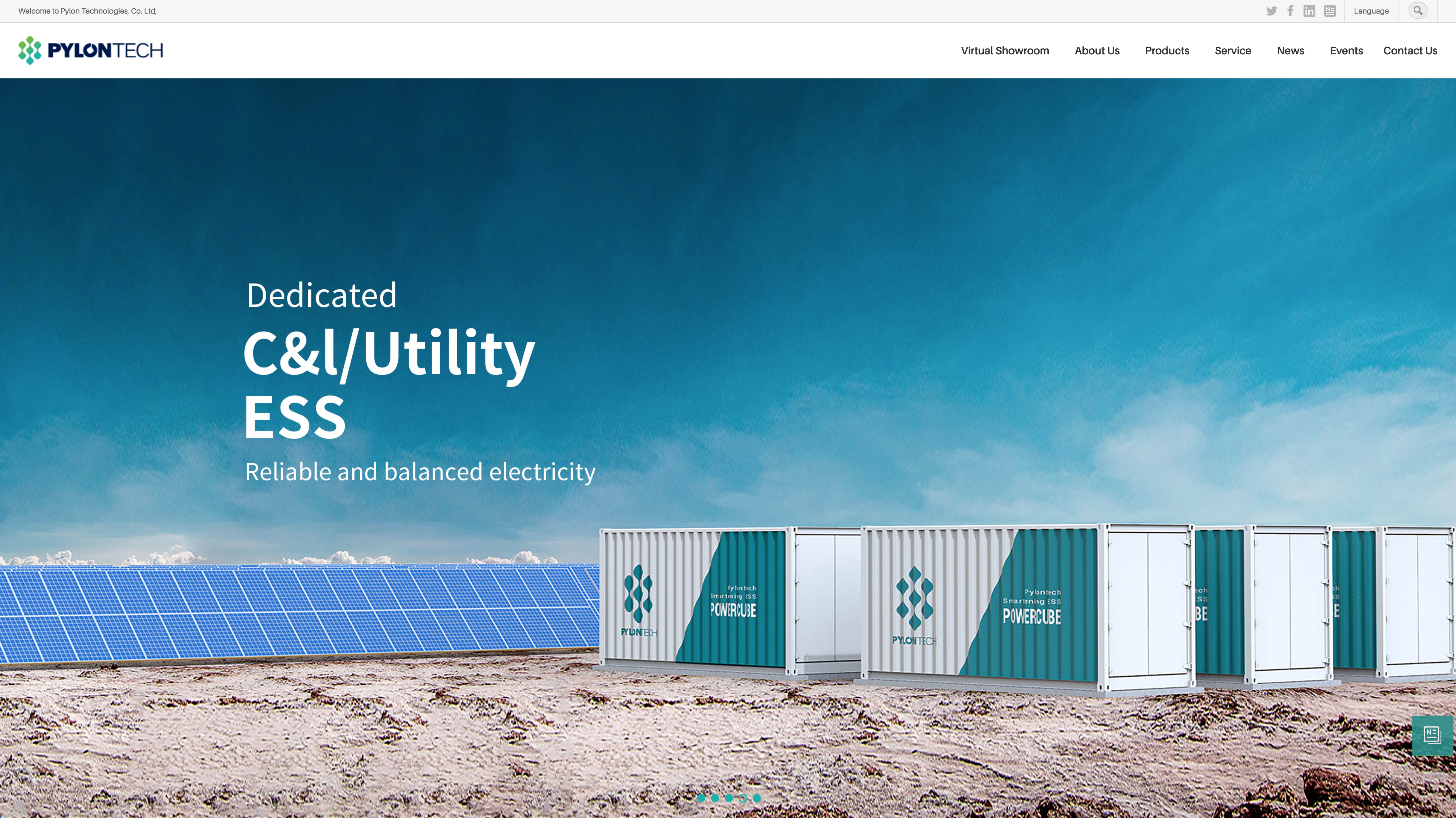Power outages are a routine now because of the current world dynamics, and it is very frustrating because most of our daily life routine depends on devices and systems that require electric energy. A home battery backup system gives us a fantastic alternative to tackle the interruptions caused by energy outages.
But choosing the right home battery backup system is no easy task. We have created this blog post to help you with this daunting task. But before jumping to find the key factors to consider before choosing a home battery backup system, let us learn the basics of this system.
What is a Home Battery Backup System
A home battery backup system is almost similar to a power bank that you use as a spare energy source for your phone in times of need. It stores the energy from the grid or solar panels and provides it in the form of electricity during a power shutdown or interruption of a primary power source.
This system includes battery/batteries with varying power capacities and output ranges, an inverter that converts DC (direct current )into AC (alternating current), a monitoring system, and installing equipment.
Key Factors to Consider Before Choosing a Home Battery Backup System
As mentioned earlier, power outages have become routine, leading many companies to manufacture home battery backup systems. It becomes a challenge to pick the right one from so many options available. Considering the following factors, you can make this task easy.
Battery Capacity and Output
Capacity is the first and foremost feature that you should consider while buying a battery backup system. You should calculate the power usage in your household or any other place you want the system for and buy the one that contains battery/batteries with a capacity promising to deliver that amount of energy for at least three days.
You must also consider the output of the battery. A battery may likely have high capacity but low output or low capacity and high output. Batteries with high capacity and low output have a longer lifespan and are ideal for devices with low consumption needs. So, it is better if you buy a system with high capacity and high output battery.
Compatibility
Your home battery backup system is only good if it is compatible with the power source system connected to your house. If you rely entirely on solar energy, buy a battery designed to store the sun’s heat energy and is also compatible with the solar panels installed in your house.
The same goes for the battery optimized for the grid system. It must have the output required for the essential devices connected to your system.
Battery Type
There are two types of batteries available for home battery backup systems.
Lead-acid Battery
Lead-acid batteries are commonly used in uninterruptable power supplies (UPS), solar energy storage systems, and automotive vehicles. These batteries have high surge current capabilities and are robust in handling deep discharges.
They are known for their relatively low cost. However, they require routine maintenance, are heavy, and have shorter lifespans compared to the modern batteries available in the market.
Lithium-ion Battery
Lithium-ion batteries are used in electronic devices, electric vehicles, and energy storage systems, i.e., solar energy systems. They can store big amounts of energy in their compact, lightweight design.
These batteries have a longer lifespan and require less maintenance. The only downside of lithium-ion batteries is the cost, as they are comparatively expensive compared to other batteries.
Warranty
When choosing a one-time investment, such as a battery backup system, it is crucial to consider the warranty of the product. If the company gives reliable warranty time, you should consider buying their product.
A well-known and reliable company offers at least 10 years of warranty for all the elements of a home battery backup system, including battery, inverter, and monitoring system.
Conclusion
Home battery backup systems have become the need of the hour either because of expensive electricity bills or frequent power outages. So, if you are investing in such a system, it will be helpful to consider the battery capacity and output, compatibility, battery type, and warranty to pick the right one.
You may also want to consider the inverter, lifespan, safety, company, and maintenance of the system. The above mentioned factors are key to a reliable home battery backup system that keeps your house/building in the light and running without any interruptions.
Frequently Asked Questions (FAQs)
How do I size my home battery backup system?
You should keep notes of the energy consumption (watt-hours or Wh) of the important devices. The sum of those watt hours is your need of power per day. For example, if you have 3 devices, each consuming 3, 6, and 7 kWh per day, your total energy need is 16 kWh.
How long will a 5kWh battery power a house?
The duration of a battery with a 5kWh (kilowatt hour) capacity for providing power depends on its output and the energy consumption of the house. Generally, for an average house, it can provide energy for almost 6-10 hours.




